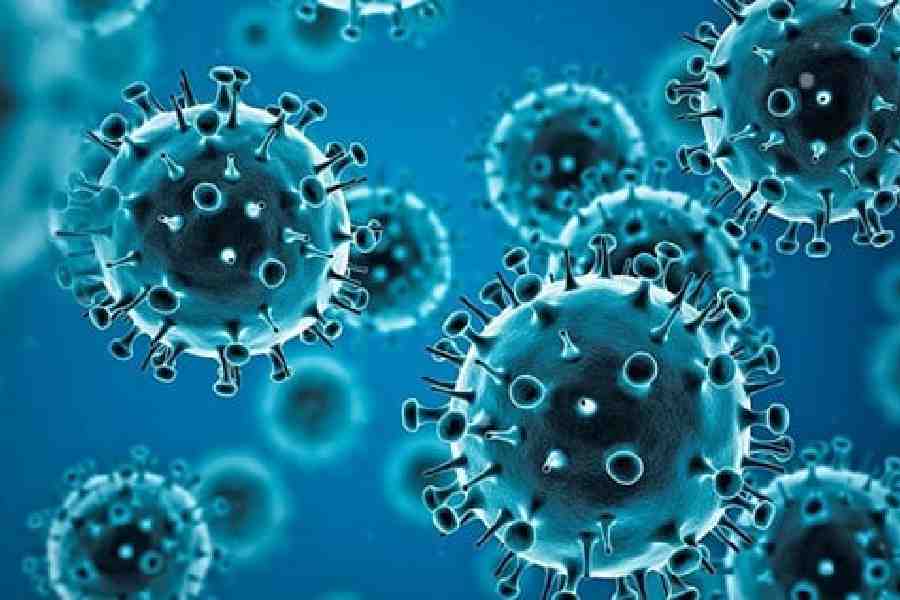The use of the anti-malarial drug hydroxychloroquine (HCQ) to treat Covid-19 caused excess deaths among patients, according to a study that has questioned afresh policies adopted in early 2020 by India and other countries.
Medical researchers have in their study linked HCQ to an excess of 16,890 deaths among Covid-19 patients during the first wave in six countries alone — Belgium, France, Italy, Spain, Turkey, and the US — where reliable data was available.
India’s health ministry and the Indian Council of Medical Research (ICMR) were among health agencies in several countries that had included HCQ in the government-approved treatment guidelines for Covid-19 in the early months of the pandemic.
The decision to include HCQ in the Covid-19 treatment guidelines defied calls from sections of medical and public health experts who cautioned about inadequate evidence of benefit to Covid-19 patients. India’s health agencies did not drop HCQ from their treatment guidelines even after a landmark, so-called Recovery clinical trial in the UK had flagged excess deaths among patients who had received HCQ.
In the new study, Jean Christophe Lega and his colleagues in Lyon and other institutions in France analysed Covid-19 hospitalisation, exposure to HCQ among hospitalised Covid-19 patients, and death rates in those who received HCQ and those who had not, and overall death rates in hospitalised patients.
To calculate the excess deaths attributable to HCQ, they used data from a previous study, done in 2021, that had found that Covid-19 patients who received HCQ had an 11 per cent greater risk of death than those who had not received the drug.
They have calculated 12,738 HCQ-related deaths in the US, 1,800 in Spain, 1,822 in Italy, 199 in France, 95 in Turkey, and 240 in Belgium. Their findings were published last week in the journal Biomedicine and Pharmacotherapy.
A similar analysis from India would require Covid-19 hospitalisation data, the proportions of patients who received HCQ, whether at home or in hospital, and death rates among those who received HCQ and those who did not.
Sections of medical experts in India had expressed surprise at the ICMR’s refusal to revise the Covid-19 treatment guidelines even after the UK Recovery trial results had been published in November 2020, showing no benefit but potential harm from HCQ.
Health and ICMR officials had through 2020 argued that there was evidence for HCQ’s benefit, that it had been deployed under emergency circumstances to manage the new virus, and that there was no evidence of any excess mortality from India.
An ICMR official who was among those who had argued in favour of HCQ during April and May 2020 did not respond to a query from this newspaper requesting a reaction to the new study by the French researchers.
India’s health ministry dropped HCQ from its Covid-19 treatment guidelines only on May 27, 2021, releasing a revised treatment protocol that many experts at the time said for the first time reflected evidence-based guidelines.
Only 12 days earlier, an earlier iteration of the revised treatment guidelines generated by the ICMR had retained HCQ. But doctors in government and private hospitals had months before that stopped using HCQ, taking into account the UK Recovery results.












